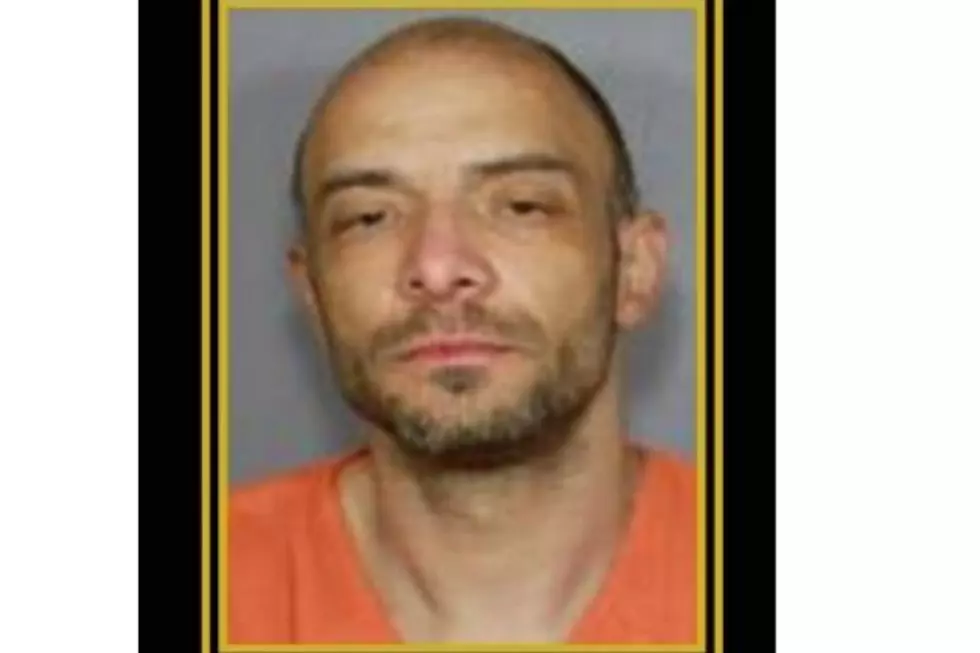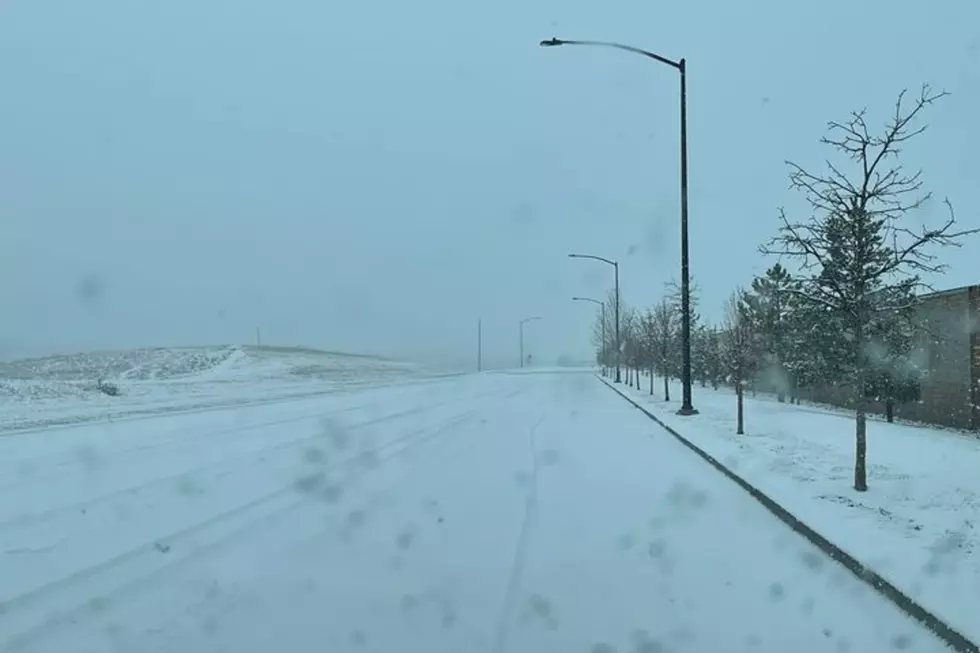
Get Ready for Winter Weather…It’s On the Way
With heavy snowfall expected over the next few days, the Federal Alliance for Safe Homes (FLASH) offers the following tips to keep families safe and comfortable:
Staying Warm
- Put on layers of warm clothing. Never burn charcoal for heating or cooking indoors.
- If you are using a gas heater or fireplace to stay warm, be sure the area is properly ventilated.
- Go a designated public shelter if your home loses power or heat during periods of extreme cold. Text SHELTER + your ZIP code to 43362 (4FEMA) to find the nearest shelter in your area (example: shelter 12345)
Family Safety
- Keep extra cash on hand since an extended power outage may prevent you from withdrawing money from automatic teller machines or banks.
- Keep your car fuel tank at least half-full, gas stations rely on electricity to power their pumps.
- Keep a supply of flashlights, batteries and a battery-powered radio on hand. Do not use candles as they pose a fire hazard.
- Check on elderly neighbors, friends, or relatives who may need assistance if weather is severe during the outage.
Electric Portable Space Heaters
- Buy only electric portable space heaters that have been tested and labeled by a nationally recognized testing company such as Underwriter’s Laboratories (UL).
- Keep the heater at least three feet away from drapes, furniture or other flammable materials.
- Place the heater on a level surface away from areas where someone might bump into it and knock it over. Be mindful of keeping children and pets away from the heater.
- Keep electric heaters away from water. Never use them near a sink or in the bathroom.Never leave a space heater unattended or running while sleeping.
Gas-Fueled Portable Space Heaters
- Carefully follow the manufacturer’s fueling instructions using only the approved fuel. Never use gasoline. Never fuel a heater that is still hot. Do not overfill the heater; allow for the expansion of the liquid. Only use approved containers that are clearly marked for that particular fuel and store them outdoors.
- Have vented space heaters professionally inspected every year. If the heater is not vented properly, not vented at all, or if the vent is blocked, separated, rusted, or corroded, dangerous levels of carbon monoxide (CO) can enter the home causing sickness and/or death. CO also can be produced if the heater is not properly set up and adjusted for the type of fuel used and the altitude of the home in which it is installed.
Food
- Keep a supply of non-perishable foods, medicine, baby supplies, and pet food as appropriate on hand. Also be sure to have at least one gallon of water per person per day on hand.
- Avoid opening the fridge or freezer. Food should be safe as long as the outage lasts no more than four hours.
- Have one or more coolers for cold food storage in case power outage is prolonged. Perishable foods should not be stored for more than two hours above 40 degrees Fahrenheit.
- If you eat food that was refrigerated or frozen, check it carefully for signs of spoilage.
Generators
- Do not run a generator inside a home or garage. Use gas-powered generators only in well-ventilated areas.
- Connect only individual appliances to portable generators.
- Don't plug emergency generators into electric outlets or hook them directly to your home's electrical system - as they can feed electricity back into the power lines, putting you and line workers in danger.
Foam, Dome, Drip
- FOAM: Insulate pipes exposed to the elements or cold drafts. For as little as $1 per 6’ of insulation, you can stop pipes from freezing and save energy.
- DOME: Placing an insulating dome or other coverings on outdoor faucets and spigots also reduce the likelihood of the water in your homes pipes freezing, expanding and causing a costly leak.
- DRIP: Drip your faucets, to you reduce the build-up of pressure in the pipes. Even if the pipes freeze, you have released the pressure from the water system reducing the likelihood of a rupture. If you are going out of town, and you suspect they temperatures will drop, turn off the water to your home and open all of the taps to drain the water system. This way you won’t return to a frozen, soggy mess.
More From KGAB








